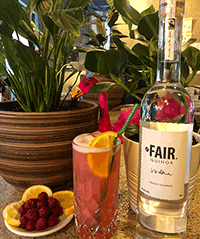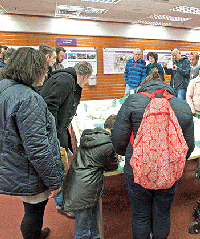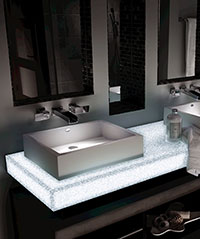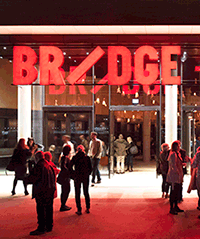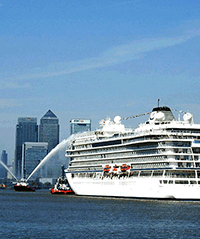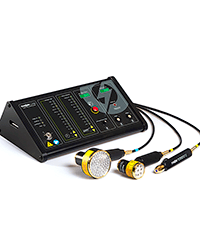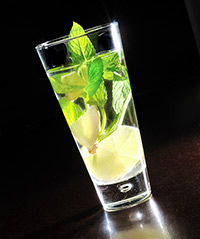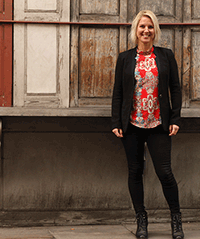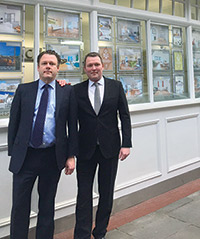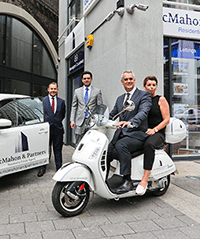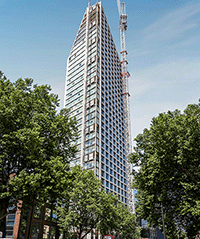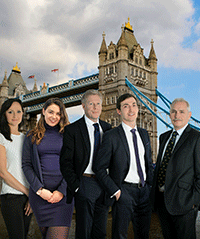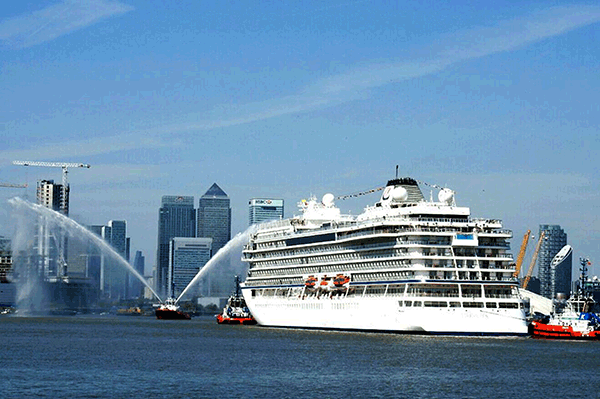
As London grows and gets even better there is one huge repercussion that really needs to be addressed. Our city may be big, beautiful and booming – but no one can say it smells pretty. This is a burdening problem for Londoners.
In fact, a recent study by King’s College London researchers discovered around 9,500 people died in the capital each year due to long-term air-pollution exposure. Levels of the poisonous gas nitrogen dioxide in some areas regularly exceed EU standards. Not only is this causing premature deaths it’s leading to rises in asthma and other lung diseases in an unprecedented number of London’s dwellers. Yet air pollution continues to worsen.
It’s why many Greenwich residents are so concerned about the impact of a cruise terminal at Enderby Wharf. London City Cruise Terminal’s plans were approved by Greenwich Borough Council in 2015 and cleared in the High Court after a campaign against it. The concerns around it centre on air pollution.
This wharf will be capable of handling 240-metre-long cruise liners with around 2,500 passengers and crew. More than 50 liners a year could spend up to three days “hotelling” there. Using diesel engines while moored, they will emit the equivalent of nearly 700 large lorries constantly running their engines. Even larger ships may also be allowed to moor at Enderby Wharf – and they would emit as much diesel fumes as 2,000 lorries a day.
“If ports want to expand, they need to demonstrate they’re not going to worsen people’s exposure to harmful pollution
“Shipping’s long been a destination for low-quality fuel that no one would be allowed to burn on land,” says Greenpeace campaigner Areeba Hamid. “If ports want to expand, they need to demonstrate they’re not going to worsen people’s exposure to harmful pollution, or they must insist that ships using their ports have much higher standards than those currently in force.”
Britain alone is presently witnessing a growth in ships and the popularity of cruise holidays is rising every year. Many docks – including those at Greenwich, Plymouth, Liverpool, Hull and Edinburgh – are expanding or planning to do, so that they can cater for ever bigger ships.
But as a campaigner from the Isle of Dogs states, it’s not just the giant ships that will add to air (and noise) pollution. “On top of the ships, the port will need tugs, taxis and service vehicles all belching diesel close to high-density housing in an already heavily polluted area,” says Ralph Hardwick, a mechanical engineer and former naval scientist. “Greenwich is already breaching EU limits – I’m aghast.
Most cruise ships use a combination of diesel and gas turbines. Measures are being taken by cruise-ship companies to lower emissions by such as switching to liquefied natural gas.
One solution is Shore-Side Electricity (SSE) that allows ships to turn off engines and connect to an electrical grid while berthed. The EU’s European Commission research team showed this can reduce pollutants by more than 90 per cent. It also eliminates (24-hour) engine noise pollution. However, less than a dozen ports around the world have facilities for this at present. As well, most cruise ships would have to be adapted.
Campaigners against the Enderby Wharf terminal state that SSE could work ideally, especially in such a densely populated area. But so far the council and developers have dismissed it as not “commercially viable”.
“We believe the planning decision is short-sighted and ruinous to Londoners’ health,” says Dan Hayes, Chair of EGRA (East Greenwich Residents Association). “It’s time to call a halt on decision-making that makes air pollution much worse for Londoners. The cruise terminal proposal, without on-shore power, is a striking example.”
Greenwich Borough Council has reminded campaigners that the cruise liners will bring a lot of money into the borough through tourism and new jobs. However, many are not convinced it is a reasonable trade-off for the poorer air quality and related ill health that may arise – and that in fact it will not be that much of an economic boost either.
“People on cruise liners are eating on the boat and might only go to see one or two things, such as the Royal Observatory or the market,” says Dan Garrun, of Greenwich Green Party. “When you see the money that’s in the cruise industry and how much of that goes into the local community you can see why people might be against it.”
Now the final hope for Greenwich residents is the EU’s pollution laws. After a successful petition local residents have recently heard that the EU will be investigating the case.
“While we’re in the EU we’re covered by EU pollution laws,” says Dan Garrun. “There are places that have built green terminal locations for cruises. People could be behind this terminal if it was done properly. We’re not saying cancel it – but that there is a good way to do it.”

